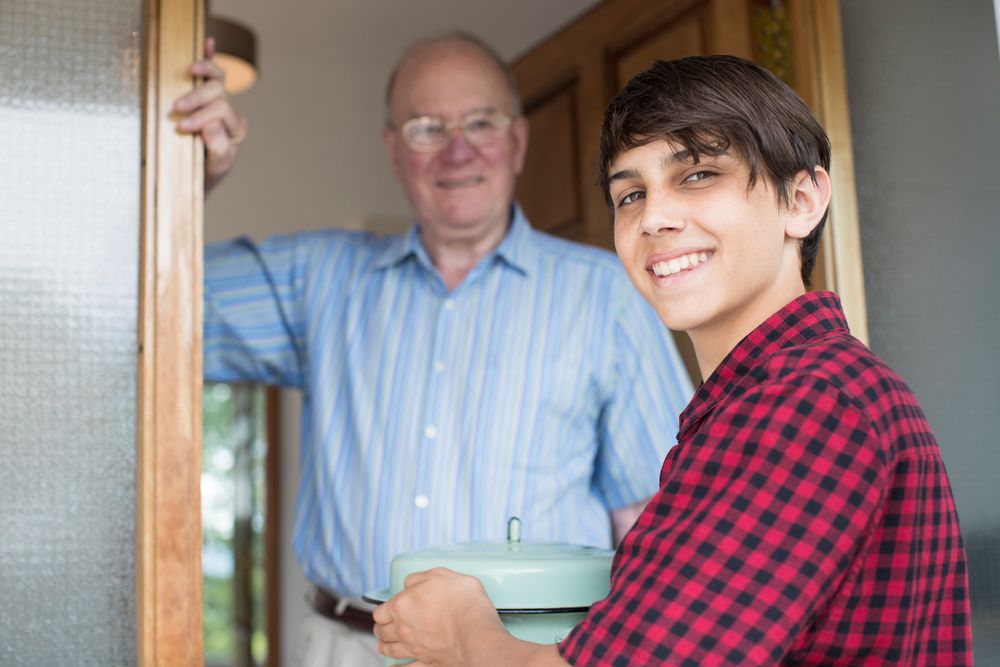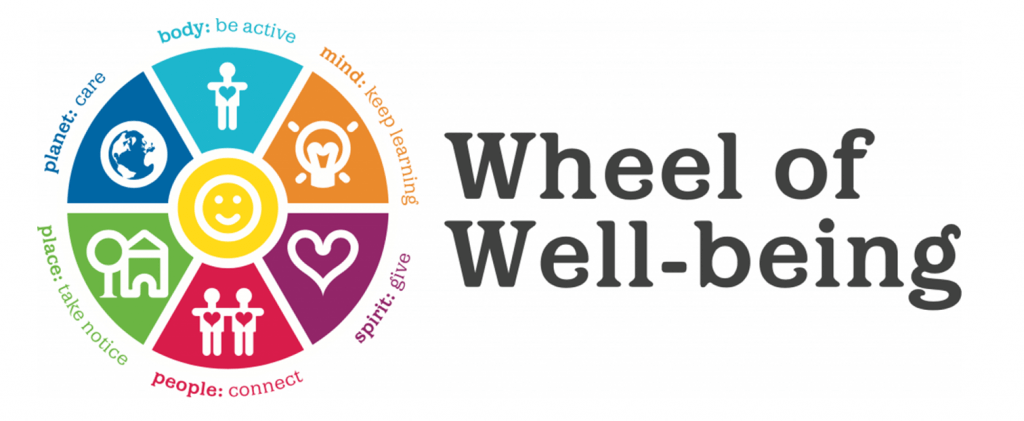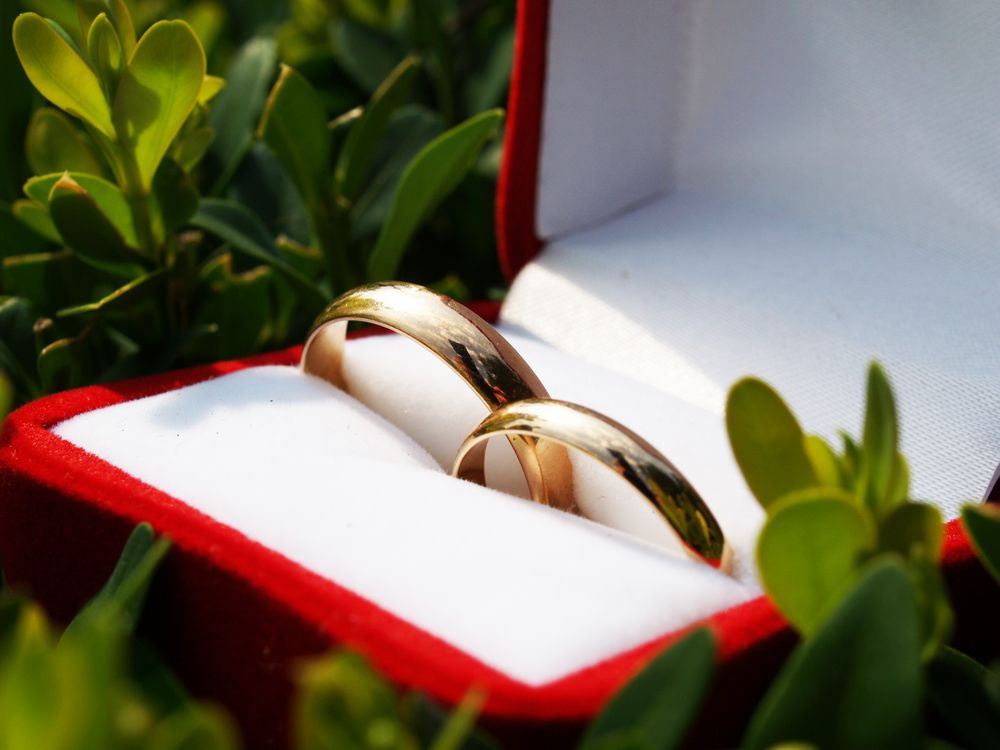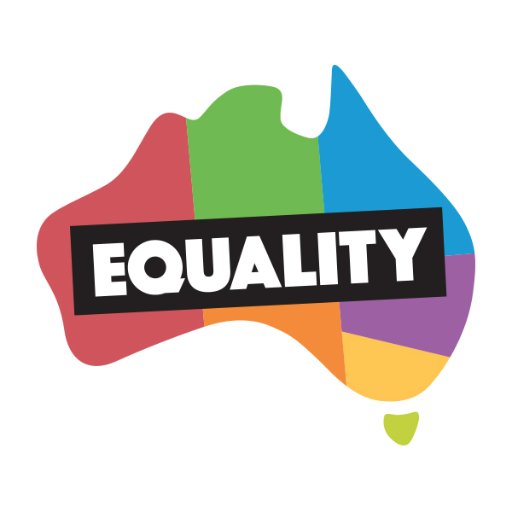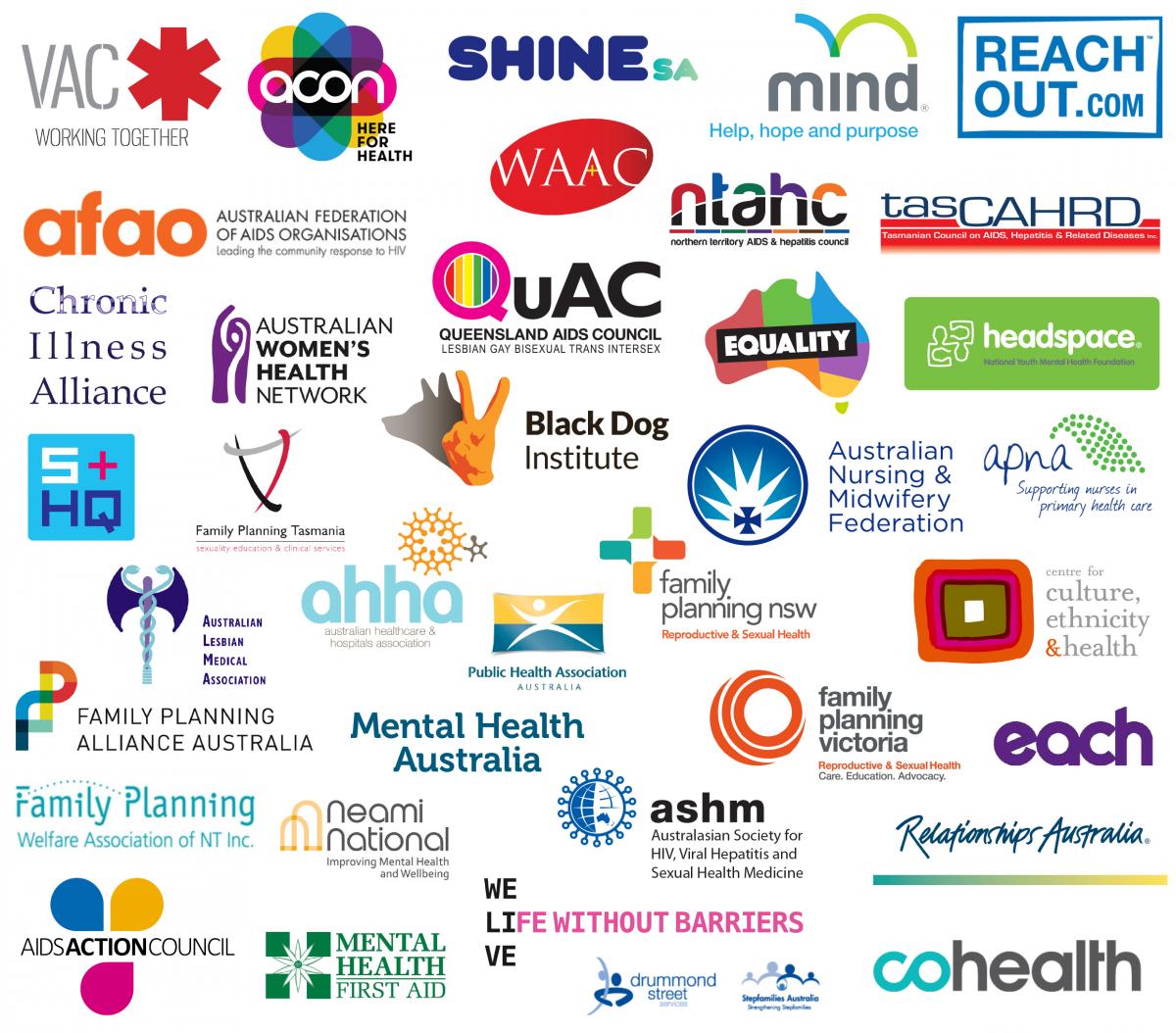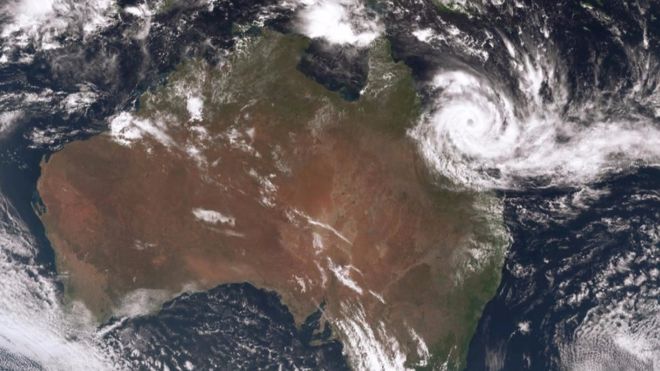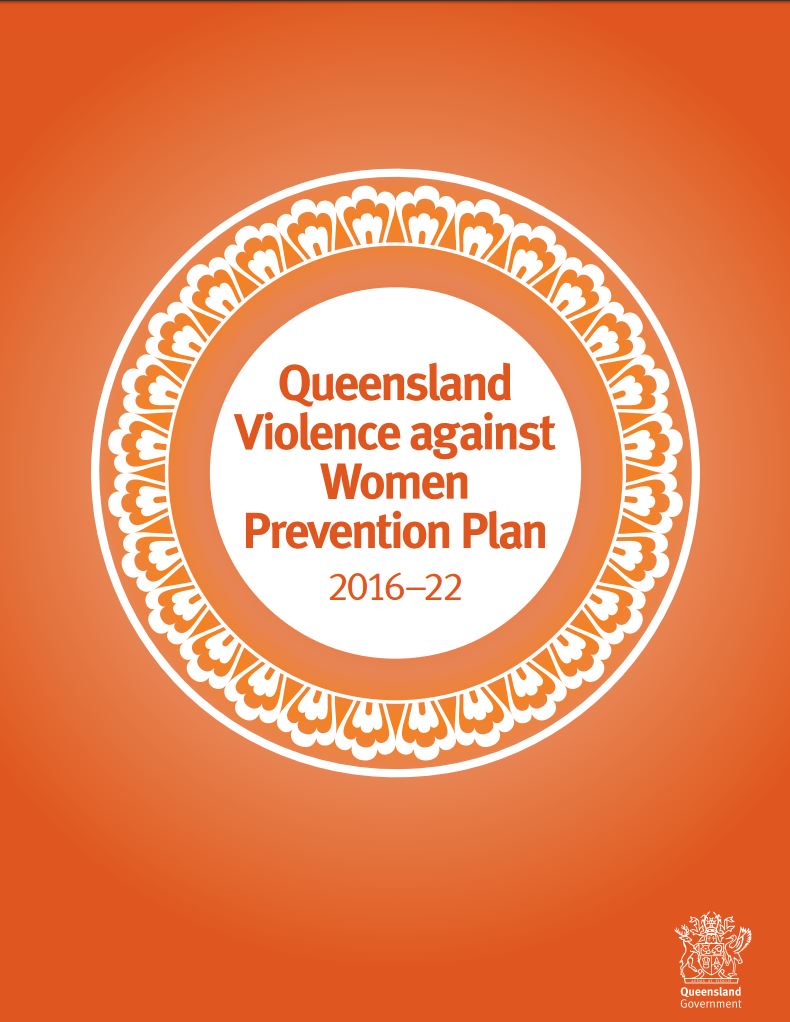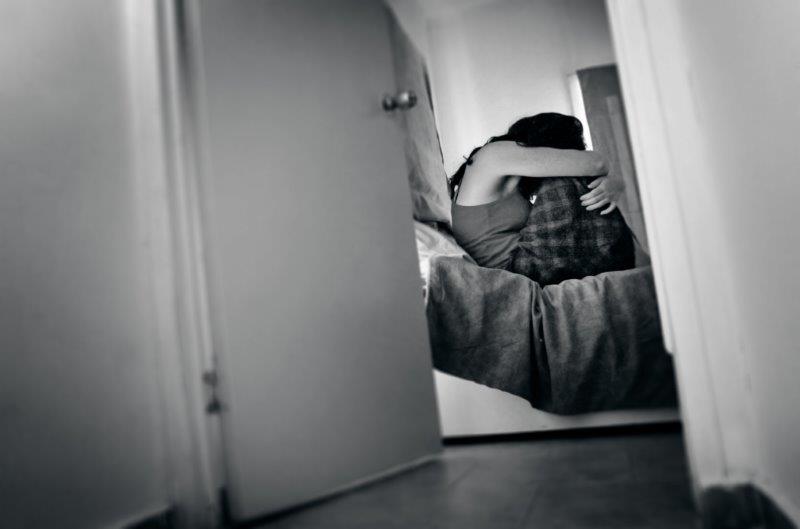Image: Team Leader Brett Smith (L) congratulates Greg King
After a successful career in Telecommunications and Photography, Greg commenced study to become a counsellor in his 30s, some 40 years ago. The career change was spurred on by a very personal realisation.
“I discovered that there was a different way to manage emotions to what was taught to young men in those days…”
“I discovered that there was a different way to manage emotions to what was taught to young men in those days, and I wanted to understand that and to pass that knowledge on to help others” Greg said.
Across his career, Greg has worked in various counselling and leadership roles across the state, from Sessional Counsellor in Townsville, to Regional Director in Rockhampton.
The early 2000s saw Greg relocate his family to Brisbane to be near his ageing parents, where he took on the role of Senior Counsellor in Spring Hill’s Domestic Violence program.
As part of his role as a Relationship Counsellor, Greg has worked as a Youth and Family Counsellor at Marsden State High School since 2005. It was here that Greg developed the X-Men program, aimed at supporting high school aged boys who have been referred with emotional and behavioral issues, and many with complex trauma.
“We help the boys learn how to say no to invitations to violence and self-harm…”
“The goal of X-Men is to practice what it means to be a respectful young man, have a healthy relationship with yourself and others, and hold yourself and others accountable for being good citizens” said Greg.
“We also help the boys learn how to say no to invitations to violence and self-harm, and how to ask for help” he added.
X-Men sessions are held three days a week, and attended by students from all grades. The boys support and champion each other, and learn to relate to others without anger, instead relying on four emotions in communication: hurt, sad, scared, and powerless.
Now almost 72, Greg had planned to retire at 65. But his strong sense of purpose and dedication to the boys keeps him going year after year, and he now has no plans to retire in his 70s.
“I have students who are having a really hard time say they’ll stay in school until year 12 only if I can stay doing X-Men until they finish – how can I leave these boys?” he asked.
“It’s been the high point of my career”_
When asked what it means to Greg to have had the opportunity to impact so many young lives in such a positive way over the years, he is visibly emotional.
“It’s been the high point of my career” he said.
“It started with me wanting to understand and build a more positive relationship with my father, have fulfilling, loving relationships with my kids, wanting them to have the same, and then wanting to share it with others.”
“It’s generally in these young boys to do the right thing, but society gets in the way. They just need someone to show them how”.
